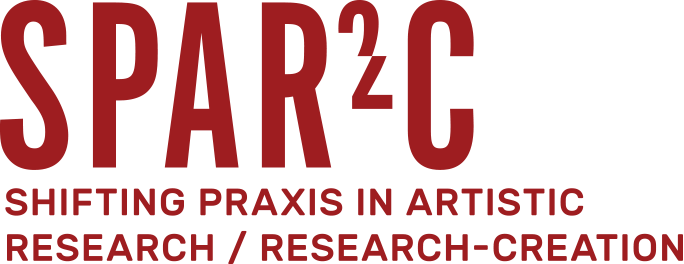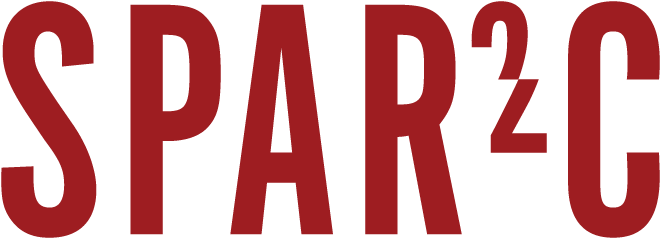5th ARC Talks with Natalie Loveless
We warmly invite you to the 5th ARC Talks with Natalie Loveless (CA) on Tuesday, June 20th at 19:00 at Nieuwe Sint Jansstraat 35 in Groningen. With the title “Work as Art: Performing Ecological Interventions,” Natalie brings instruction scores as an art form to the forefront. She will provide insight to their long history in contemporary art, further discussing them as a survival and recalibration mechanism within toxic social-institutional spaces.
Natalie Loveless is Professor of Art and Theory at the University of Alberta. Her 2019 book with Duke University Press, How to Make Art at the End of the World: A Manifesto for Research-Creation, examines debates surrounding research-creation and its institutionalization, paying particular attention to what it means – and why it matters – to make and teach art research-creationally in the North American university today.
During her short visit to Groningen, Natalie will meet with researchers from Research Centre Art&Society and work together with ARC members.
ABOUT THE TALK
Generally understood to have emerged in the 1960s under the auspices of Fluxus, the instruction piece or score is a form with a (now) long history in contemporary art. With the instruction score, the frame of art is mobilized to reorient habitual modes of being, to invite unexpected encounters, and, in its feminist mode, to bring attention to the maintenance labour that sustains our every day, at every scale of existence. The art-life form of “daily practice” adapts the traditional instruction score by insisting that an instruction be performed daily and for an extended period of time. This daily-practice orientation does something that the one-off score does not. While the booklet or the exhibition-of-scores works to seed the critical creative imagination in unexpected ways, the daily-practice instruction or event score insists on the value of dailyness, of the quotidian. Grounded in a history of debate on art/life and the everyday, this talk discusses the score form as a survival and recalibration mechanism within toxic social-institutional spaces.


